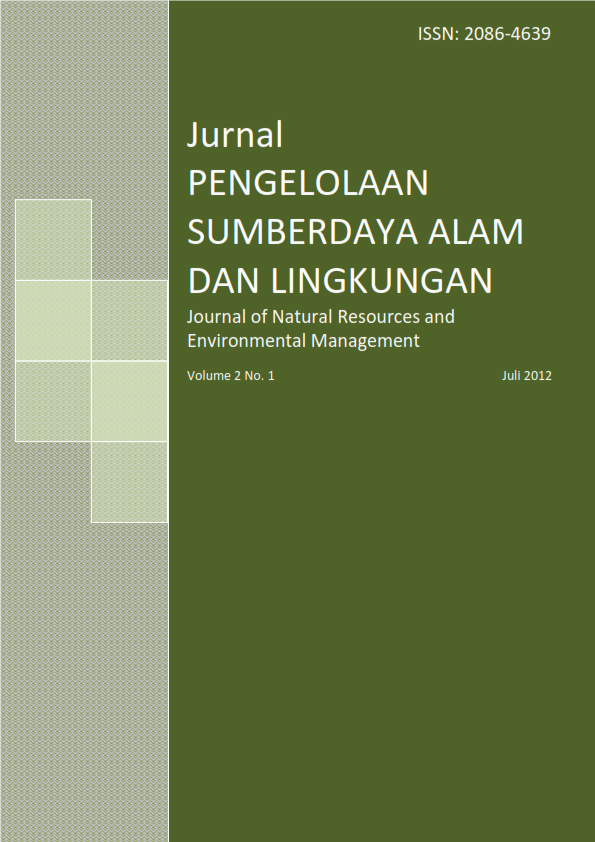ANALISIS KEBIJAKAN PENGELOLAAN HUTAN RAKYAT UNTUK MENDORONG FUNGSI LINDUNG
Abstract
Community forest that privately owned at Kuningan Regency, West Java Province, have showed forest cover improvement at average of 5.86% during 2003 –2009. The main factor which contributes to this improvement was economic motivation of owners as a response to growing market of timber originated from community forest. This forest potentially serves as protected area outside state forest in land use plan of Kuningan district. Due to its characteristic as common-pool resources in the context of its protection function, privately owned community forest requires certain institutional arrangement to enable sustainable forest management resulting sustainable benefit for public. The aim of this study is to assess policy framework and its implementation designed to promote sustainable community forest development. The framework for implementation analysis was applied in this research with emphasis on the policy variable. The result showed that existing policy framework is weak to support sustainable management of community forest. They were characterized by unclear formulation of concepts in policy documents, inappropriate causal theory, unbalance financial resource allocation, very much detail and almost rigid in technical guidelines thereby hindering the achievement of policy objectives.
Keywords: community forest, sustainable forest management, policy variable, policy analysis
Authors
Authors who publish with this journal agree to the following terms:
- Authors retain copyright and grant the journal right of first publication with the work simultaneously licensed under a Creative Commons Attribution License that allows others to share the work with an acknowledgement of the work's authorship and initial publication in this journal.
- Authors are able to enter into separate, additional contractual arrangements for the non-exclusive distribution of the journal's published version of the work (e.g., post it to an institutional repository or publish it in a book), with an acknowledgement of its initial publication in this journal.
- Authors are permitted and encouraged to post their work online (e.g., in institutional repositories or on their website) prior to and during the submission process, as it can lead to productive exchanges, as well as earlier and greater citation of published work (See The Effect of Open Access).






